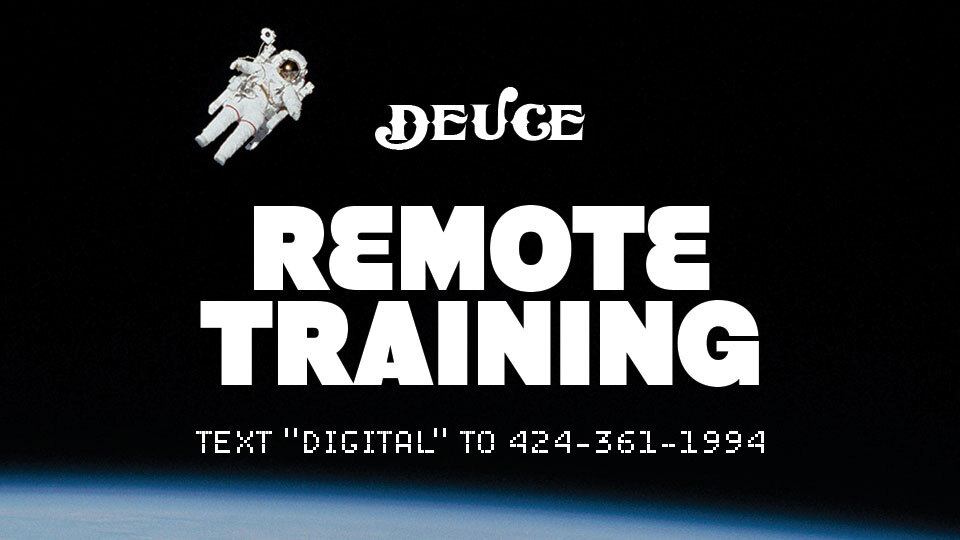
**The following is an excerpt from the manuscript of my forthcoming book, Go Right: A Logical Justification for Pursuing your Dreams**
Years later, when I returned from the San Diego Padres Short Season A affiliate in Eugene, Oregon, I lived in a small apartment in Culver City. While training all offseason to prepare for my first Spring Training the following year, I made a few extra dollars working in the back of a shoe factory scanning shoes and filling boxes. Exactly thirty years prior, my dad would become this brand’s first employee. The humble beginnings of this purveyor of women’s sandals would begin in the founder’s garage. The business would do six million dollars of business in 1979. After hiring my father, the company would do twenty-nine million the next year. Eventually, the company would churn out more than sixty million dollars of business per year. To say this factory was packed with shoes would be an understatement.
When I arrived on the factory floor it was a scene straight out of Sesame Street: “One of these things is not like the other.” I was a twenty-two year old, white, college graduate. The youngest of my associates was thirty-six, most were in their forties and fifties. Most were Mexican laborers who spoke little to no English, and had worked incredibly diligently for decades in this building to provide a different life for their children and their grandchildren.
I worked hard, but everyone, including myself, knew that I wouldn’t be here forever. These people, on the other hand, would be. Or, so they hoped. My effort, like most anything I did, was maximal. When I punched in, I meant business. And, I mean actually “punched in” because this factory had the actual punch card time machine fastened to the wall and came complete with the bell that indicated breaks and lunch. My work ethic was part my style and part my way of respecting my co-workers who likely saw the humor and/or disrespect in the boss man’s son showing up to get a pay check as a quick and easy stepping stone in his life beyond the horizon of their lives’ perceived limitations. I never wanted to be observed resting or build a personal brand that lacked genuine blue collar work ethic. As a result, I worked as if I was trying to break world records in shoe box packing. I’d build cardboard shipping boxes twice as fast as anyone in the factory. The part of my job that required scanning of barcodes into a rudimentary inventory system led me to quickly develop a system that allowed me to scan exponentially faster than the way I was trained to. I’d hold one finger on the space bar of the ancient PC on my dusty desk and have half a dozen shipping boxes filled four shoe boxes tall and four shoe boxes across ready to be blasted by the scanner gun not dissimilar to one you’d see at checkout of a grocery store. Because of my wingspan, I could ring in ninety-six pairs of shoes in one go.
People could say what they wanted about me, but they’d never be able to say I didn’t work hard or disrespected their efforts. These efforts didn’t go unnoticed. Finally, my manager, Javier, mentioned something about it to me. Though I learned I spoke far better Spanish than I thought I’d learned in school that offseason, he spoke to me in the best English he could. He wanted me understand loud and clear. His feedback surprised me, and it’s something I’ll never forget.
“Calm, Logan,” he said. “There will always be shoes.”
For a moment it gave me relief. I’d earned both my paycheck and the respect of the factory workers. In addition, his advice made sense. In the several weeks I’d been busting my ass in the back of the factory, I felt like my efforts didn’t even begin to put a dent into the surplus of shoes that would eventually need to be scanned and boxed up. Was he right? Was this my first glimpse into the real world? After all, I knew I had to be naive. I was too young to know everything, but everything I knew told me that “better is better” and that in this instance my best effort in the factory was, by definition, better than sandbagging. I could keep this pace forever, the accuracy of my work didn’t suffer, and the business would benefit by doing more work faster. Was my math wrong?
I will never forget that line, “There will always be shoes.” In fact, I thought about it on the way home from work that day and nearly everyday since. Will there always be shoes? Let me update you. Fate would have it differently. Thankfully, my dad has since left on his own terms, but the company has since downsized by half. The way revenues are showing, they likely won’t survive the next three years. There, most literally, won’t always be shoes, Javier.
The implications of this cautionary tale are important, but they might not be for the reasons you might think. There’s no guarantee that if I, or everyone else for that matter, tried to break world records in the pace and intensity of their work that the business would survive. I’d argue that it would help, but this isn’t something we can prove. What we can prove, however, is the error in Javier’s logic. He took a certain number of observations of the past and made a generalist determination about the future. Decades of having more shoes than any one man could possibly scan and box does not provide certainty of a similar tomorrow. This was Javier’s blind spot. I’d argue many people share this blind spot in their decision making and lean too heavily on perceived safety and certainty.
Too many individuals are guided by poor decision making information. We often justify giving up our best selves for security. We get to strip the vulnerability of our most challenging pursuits, but we tell ourselves it’s OK in the name of certainty. We believe that there will always be shoes. Just by his words, we can assume Javier has the same belief. The future was relatively safe and predictable, until it wasn’t. What we will see in the coming chapters is that since there won’t always be shoes, that we ought to maximize our ability to contribute to ourself and others with meaningful work and passionate pursuits. The illusion that we can give this up for some sort of certainty is a myth. I’ll say it again: the only certainty is uncertainty.
Logan Gelbrich
@functionalcoach
7/26/17 WOD
Find a heavy 100′ Yoke Carry
Then, complete the following for time of:
21-15-9
Strict Pull Ups
Bodyweight Jump Squats + 1 Stone Load (AHAP)

